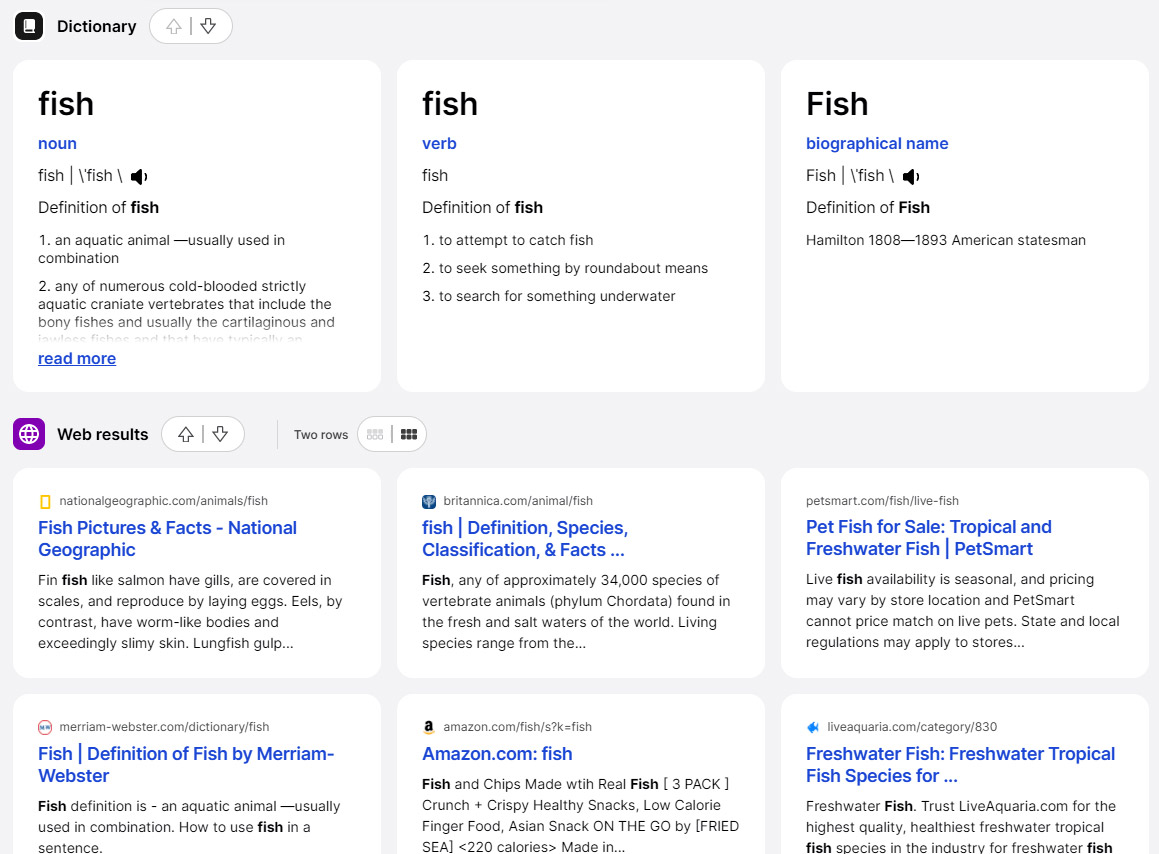You.com is a Google search alternative promising better privacy — but something's a bit off
Seems awfully intrusive for a privacy-minded venture

Update: Anyone can sign up for DuckDuckGo’s email privacy service — here’s how.
Yet another new search engine, You.com, has debuted on the internet promising to preserve user privacy better than big bad Google. But for a privacy-minded venture, it seems to be kind of intrusive.
"You.com is sparking a movement to take back the internet and give people control of the information they consume so they can live more thoughtful digital lives free from manipulation," said Richard Socher, You.com CEO and co-founder, in an announcement today about the availability of the public beta (Nov. 9).
- Robinhood data breach hits 7 million customers — what to do now
- The best internet security suites
- Plus: Google Pixel 6 — this killer feature puts the iPhone 13 to shame
"With you.com, we're fostering a much more open interface that people can contribute to — not just with likes, upvotes, and engagement — but with the co-creation of apps and content in an environment of trust, facts, and kindness."
Socher has a Stanford doctorate in computer science and until recently was working on artificial intelligence and natural-language processing for Salesforce, and Salesforce head honcho Marc Benioff is named as You.com's lead investor. (The company has raised $20 million so far.)
The company promises that it "never sells personal information, nor does it ever track users around the internet," and "has committed to never offering targeted privacy-invading ads."
Name, email address and browser extension
So we were a little taken aback when we tried to use You.com — and were promptly told that we had to install a Chrome extension first.
Sign up to get the BEST of Tom's Guide direct to your inbox.
Get instant access to breaking news, the hottest reviews, great deals and helpful tips.
Yikes! Knowing what we do about how badly Chrome extensions can be abused and how much data they can collect, we advise having as few extensions enabled as possible.
OK, how about "search.you.com"? Nope, got a 404 there. The other privacy-minded search engine that debuted in the past couple of months, Brave Search, lets you use it with no strings attached at "search.brave.com."
But it turns out you can add You.com as the default search engine on most browsers, which doesn't raise any privacy red flags. (Here's a page with instructions for most major browsers.)
Anyway, we took You.com for a spin. Searching for "fish," we got a nice-looking grid of results in rounded-square tiles, perfect for mobile screens. The page looks very different from the text-heavy list interface you get from most search engines. Instead, it looks like what we'd have seen if Apple had ever come up with its own search engine.

Dictionary definitions led the results, followed by web-search results that were nearly identical to Bing's results. News stories were next, followed by a Wikipedia link that got its own row. (Google, Brave Search and the truly privacy-minded DuckDuckGo all led with Wikipedia.) We didn't see any ads.
You.com says its results are partly based on user feedback, and that you can re-rank the results you get. We tried doing so and were taken immediately to a screen that asked us to create a You.com user account and provide our full name and email address. So much for total privacy.
How does You.com plan to make money?
In fact, people searching for things online may not be You.com's actual clients.
Speaking to VentureBeat, Socher said that "our new platform will enable companies to contribute their most useful actual content to that first page, and — if users like it — they can take an action right then and there." (Thanks to Gizmodo's Sam Rutherford for pointing us to that.)
A TechCrunch piece said that You.com plans to "concentrate on complex consumer purchases," which implies that You.com may plan to make some money through affiliate links.
However, it's not totally clear what You.com's business model is yet, and Socher wouldn't tell VentureBeat or TechCrunch what it might be. (VentureBeat did glean that You.com has about 30 employees.) But Benioff and a few venture-capital firms are going to expect something back for their investment.
We've reached out to You.com with a few questions, and we will update this story when we receive a reply.
Paul Wagenseil is a senior editor at Tom's Guide focused on security and privacy. He has also been a dishwasher, fry cook, long-haul driver, code monkey and video editor. He's been rooting around in the information-security space for more than 15 years at FoxNews.com, SecurityNewsDaily, TechNewsDaily and Tom's Guide, has presented talks at the ShmooCon, DerbyCon and BSides Las Vegas hacker conferences, shown up in random TV news spots and even moderated a panel discussion at the CEDIA home-technology conference. You can follow his rants on Twitter at @snd_wagenseil.

